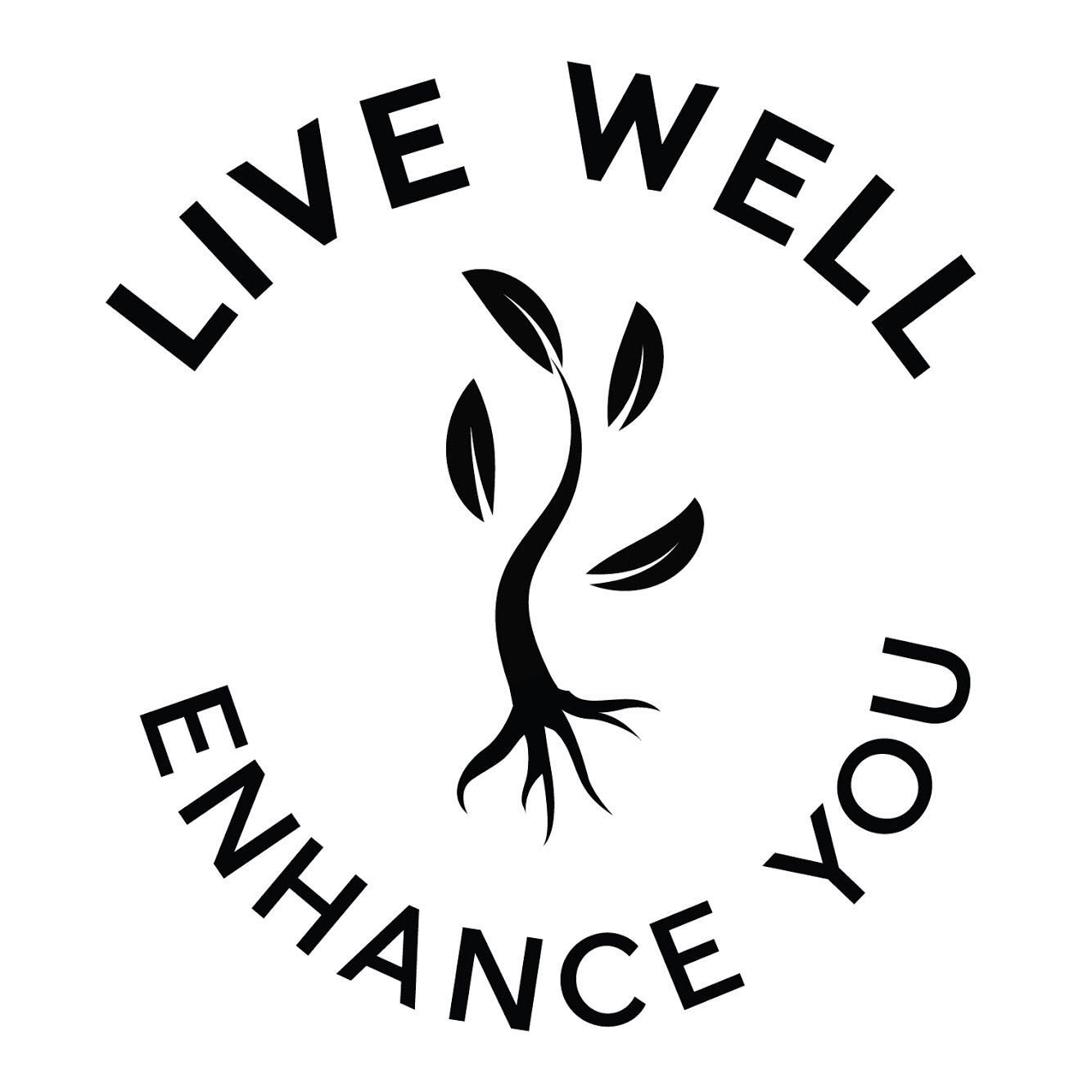Let’s Make Rare Disease Advocacy More Common
By Jasmine Clark, Live Well Enhance You Contributing Writer
Have you ever been in a situation where something was wrong with your health, you went to the doctor, and the doctor wasn’t sure what was causing the problem?
As highly advanced as medical knowledge is today, there are still many limits to what doctors know. This is especially true for people with rare diseases. But Rare Disease Day is a day of hope. Here’s how you can get in the know and get involved.
What is a rare disease?
The phrase “rare disease” is defined by the US government as a disease that affects fewer than 200,000 Americans and defined by the European Union as a disease that affects fewer than one in 2,000 citizens. About 300 million people around the world have a rare disease, so even if you don’t have one, you may know someone who does, or you may meet someone in the future who has a rare disease.
Rare Disease Day is a global day of advocacy for people with rare diseases. It’s a special day where patients, their loved ones, and doctors can raise awareness of their disease and the rare disease community as a whole. Rare Disease Day is celebrated on the rarest day of the year: February 29th. But since that day only comes once every four years, February 28th is the alternate day.
What life is like for people with rare diseases
People with rare diseases try their best to live normal, fulfilling lives like everyone else. But there are some unique challenges that get in the way.
They are often misdiagnosed - Most doctors misdiagnose rare disease patients with a more common disease because they know little to nothing about the disease the patient actually has. This traps patients in a long, nightmarish cycle of suffering from mystery symptoms, thinking the next doctor they see will have the answers, getting their hopes up, then taking prescribed treatments that fail. Then they look for a different doctor who will have the right answers… maybe.
Doctors don’t know their disease - Even after rare disease patients finally find a doctor who gives them the correct diagnosis, they still have trouble when they go to other doctors for other reasons. Often, the patient has to educate the doctor! It’s never a good thing when your doctor doesn’t understand what’s going on in your body.
Other people can’t relate - People with rare diseases may feel isolated because their family, friends, coworkers, and acquaintances not only don’t have the same disease, but have never even heard of it. They feel like they’re in their own little world no one else understands. Fortunately, thanks to the internet, people with rare diseases can find others like them.
Not enough research funding - Diseases that are common have large organizations with many donors giving funds for a cure. But rare diseases usually have small organizations that aren’t widely known, meaning fewer donors and lower funds. With less funding for research, rare disease cures and treatments are less likely to be discovered. Out of an estimated 7,000-10,000 rare diseases that exist, only a few hundred have treatments.
Supporting the rare disease community
The National Organization for Rare Disorders (NORD) is a great place to start when it comes to helping the rare disease community. NORD has extensive resources and information available on their site, and there’s also a donation page to support their work. There’s also Rare Disease Day apparel you can wear and show off.
Social media is a powerful tool to help spread the word. Using hashtags like #RareDiseaseDay, #ShowYourStripes, and #LightUpForRare shows your support for the movement. Sharing the stories of rare disease patients on social media gives them a louder voice in the world.
One of the best ways to support someone with a rare disease is to have a good listening ear. Listen closely when they tell you about their problems and needs. They’re used to doctors who don’t understand them or downplay and dismiss their concerns. To be an advocate for their health, be a good listener.
Rare diseases aren’t common, and they’re hard to understand. But together we can make education and advocacy for rare diseases a lot more common.
Jasmine Clark is a freelance writer from North Carolina. She enjoys writing about topics such as stress relief and positive thinking. She likes to encourage others to find ways to calm down and relax. In her spare time, she loves to write fiction stories and watch TV and YouTube. You can find her on Instagram @cozysachi.
